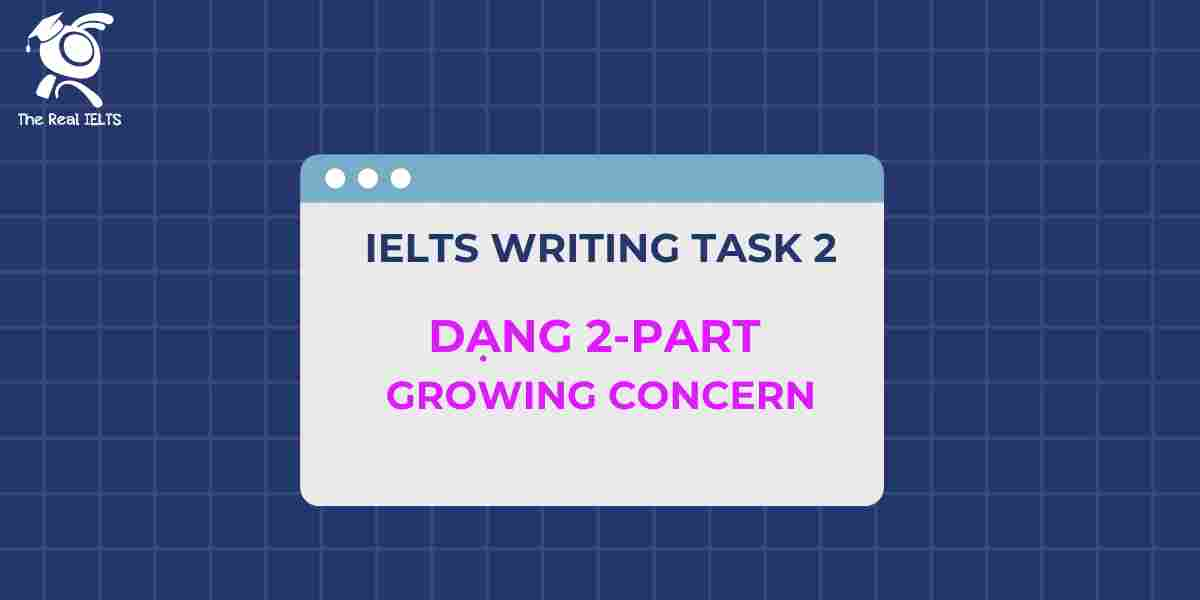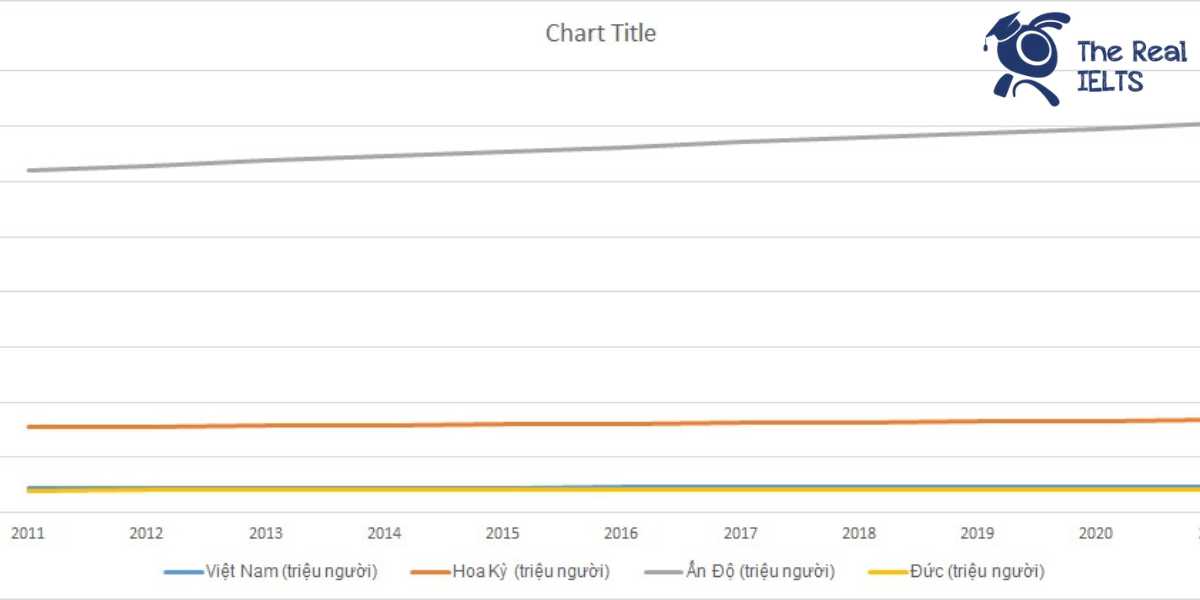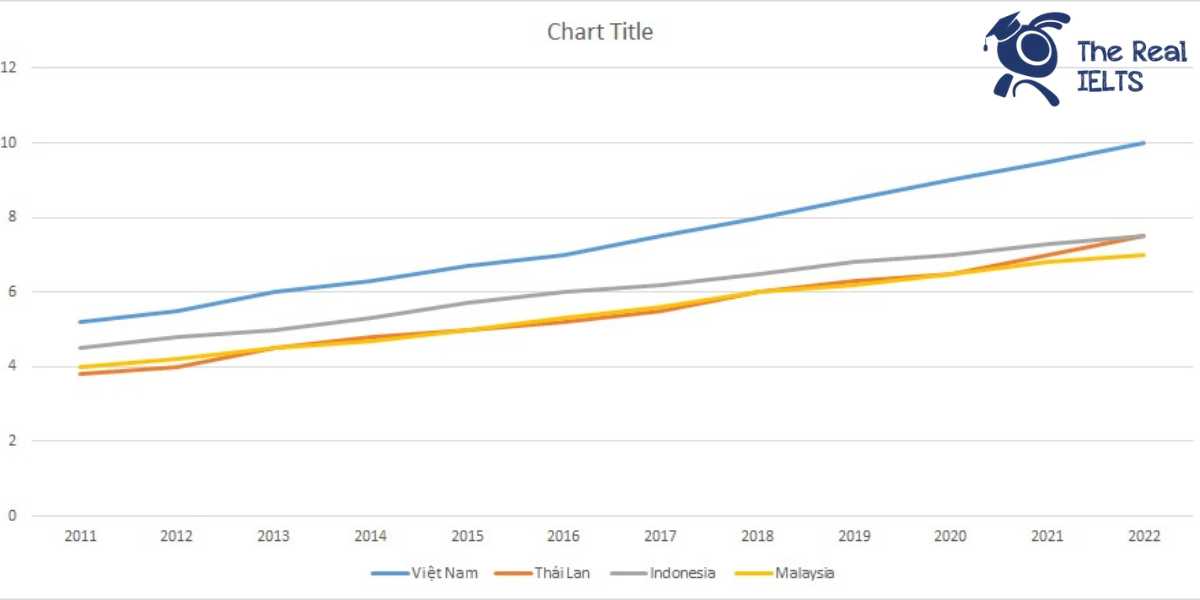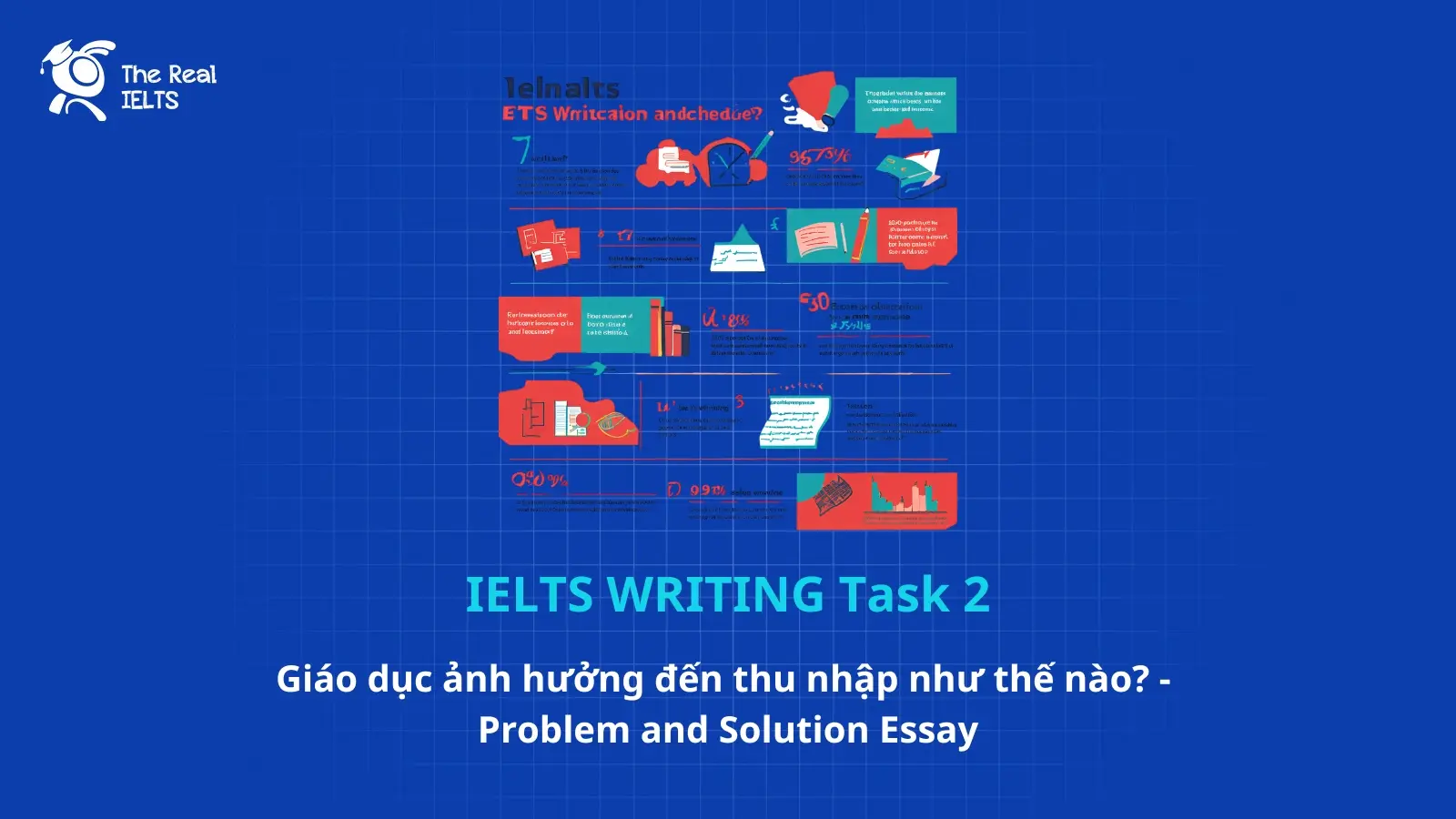Đề bài IELTS Writing task 2 dạng 2-Part growing concern
You should spend about 40 minutes on this task
There is a growing concern about the environmental impact of mass production. What are the reasons for this? How can people research this?
Write at least 250 words.
Giải mẫu đề luyện thi IELTS Writing
In recent years, the environmental impact of mass production has become a major concern globally. This issue arises from the extensive scale of production activities that deplete natural resources and lead to significant pollution. While some may argue that the benefits of mass production, such as economic growth and consumer convenience, outweigh the environmental costs, I believe that the negative impacts are too significant to ignore. This essay will explore the reasons behind this growing concern and suggest ways to research the environmental consequences of mass production.
One primary reason for concern is the substantial depletion of natural resources caused by mass production. The constant demand for raw materials like metals, timber, and fossil fuels leads to deforestation, soil degradation, and the exhaustion of non-renewable resources. Additionally, the manufacturing processes involved in mass production often release harmful pollutants into the air, water, and soil, contributing to climate change and the loss of biodiversity. For instance, the extensive use of fossil fuels in factories results in high carbon emissions, which are a major contributor to global warming.
Another reason for the increasing worry about mass production is the amount of waste generated. Mass-produced goods are often designed for short-term use and are not easily recyclable, leading to a growing amount of landfill waste. The disposal of electronic waste, plastics, and other non-biodegradable materials poses a severe threat to ecosystems and human health.
To research the environmental impact of mass production, a multidisciplinary approach is required. One method is conducting life cycle assessments (LCAs) of products to evaluate the environmental impacts from the extraction of raw materials to the disposal of the product. LCAs can provide detailed insights into which stages of production are most harmful to the environment and suggest areas for improvement.
Another approach is the use of satellite and remote sensing technology to monitor the environmental changes caused by large-scale industrial activities. These technologies can help track deforestation, pollution levels, and changes in land use patterns over time, providing valuable data for researchers and policymakers.
In conclusion, the environmental impact of mass production is a significant issue that demands urgent attention. The depletion of natural resources, pollution, and waste generation are major concerns that cannot be overlooked. Through comprehensive research methods such as life cycle assessments and satellite monitoring, it is possible to gain a deeper understanding of the environmental consequences of mass production and develop strategies to mitigate its impact. While mass production brings economic benefits, it is crucial to balance these with the need for environmental sustainability.
Thống kê cấu trúc câu và cấu trúc ngữ pháp
1. Cấu trúc câu và cấu trúc ngữ pháp
- Câu phức (Complex Sentences):
- “In recent years, the environmental impact of mass production has become a major concern globally.”
- “This issue arises from the extensive scale of production activities that deplete natural resources and lead to significant pollution.”
- “While some may argue that the benefits of mass production, such as economic growth and consumer convenience, outweigh the environmental costs, I believe that the negative impacts are too significant to ignore.”
- “The constant demand for raw materials like metals, timber, and fossil fuels leads to deforestation, soil degradation, and the exhaustion of non-renewable resources.”
- “Additionally, the manufacturing processes involved in mass production often release harmful pollutants into the air, water, and soil, contributing to climate change and the loss of biodiversity.”
- “For instance, the extensive use of fossil fuels in factories results in high carbon emissions, which are a major contributor to global warming.”
- “To research the environmental impact of mass production, a multidisciplinary approach is required.”
- “One method is conducting life cycle assessments (LCAs) of products to evaluate the environmental impacts from the extraction of raw materials to the disposal of the product.”
- “Another approach is the use of satellite and remote sensing technology to monitor the environmental changes caused by large-scale industrial activities.”
- “While mass production brings economic benefits, it is crucial to balance these with the need for environmental sustainability.”
- Câu ghép (Compound Sentences):
- “The constant demand for raw materials like metals, timber, and fossil fuels leads to deforestation, soil degradation, and the exhaustion of non-renewable resources.”
- “Mass-produced goods are often designed for short-term use and are not easily recyclable, leading to a growing amount of landfill waste.”
- “The depletion of natural resources, pollution, and waste generation are major concerns that cannot be overlooked.”
- Câu điều kiện (Conditional Sentences):
- “While some may argue that the benefits of mass production, such as economic growth and consumer convenience, outweigh the environmental costs, I believe that the negative impacts are too significant to ignore.”
- Mệnh đề quan hệ (Relative Clauses):
- “This issue arises from the extensive scale of production activities that deplete natural resources and lead to significant pollution.”
- “For instance, the extensive use of fossil fuels in factories results in high carbon emissions, which are a major contributor to global warming.”
- “These technologies can help track deforestation, pollution levels, and changes in land use patterns over time, providing valuable data for researchers and policymakers.”
2. Các từ nối các câu và các đoạn
- Mở đầu đoạn và liên kết ý:
- “In recent years”
- “One primary reason for concern is…”
- “Another reason for…”
- “To research the environmental impact…”
- “Another approach is…”
- “In conclusion”
- Từ nối liên kết câu:
- “While” (trong câu điều kiện, so sánh)
- “Additionally” (liên kết thêm thông tin)
- “For instance” (đưa ra ví dụ)
- “Another” (giới thiệu ý bổ sung)
- “Through” (trong phương pháp nghiên cứu)
- “Such as” (liệt kê ví dụ)
- “Which” (trong mệnh đề quan hệ)
- “That” (trong mệnh đề quan hệ)
Các từ vựng tiếng Anh cần lưu ý trong bài viết
- Environmental impact – Tác động môi trường
- Mass production – Sản xuất hàng loạt
- Depletion – Sự cạn kiệt
- Natural resources – Tài nguyên thiên nhiên
- Pollution – Ô nhiễm
- Manufacturing processes – Quy trình sản xuất
- Harmful pollutants – Các chất gây ô nhiễm có hại
- Biodiversity – Đa dạng sinh học
- Carbon emissions – Khí thải carbon
- Global warming – Hiện tượng nóng lên toàn cầu
- Waste generation – Sự phát sinh rác thải
- Landfill waste – Rác thải chôn lấp
- Ecosystems – Hệ sinh thái
- Life cycle assessments (LCAs) – Đánh giá vòng đời sản phẩm
- Remote sensing technology – Công nghệ viễn thám
- Satellite monitoring – Giám sát qua vệ tinh
- Industrial activities – Các hoạt động công nghiệp
- Land use patterns – Mô hình sử dụng đất
- Policymakers – Những người hoạch định chính sách
- Mitigate – Giảm thiểu
- Sustainability – Tính bền vững
Đọc thêm bài viết: Cách làm bài thi IELTS Writing Task 2.















